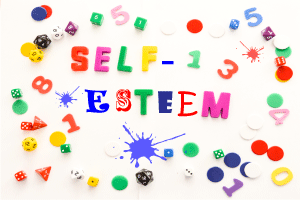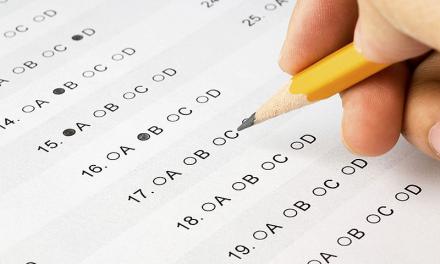Students who struggle with literacy or numeracy barriers can often have low self-esteem as they become more and more aware of their differences to their classmates who do not have the same struggles. This lack of self-esteem then becomes a barrier to them overcoming their difficulties, as they lose the will to try new tasks or commit themselves to activities that challenge them.
Raising the self-esteem of someone who has a genuine barrier is tricky, as their doubts have a basis in truth. You need to avoid false praise or platitudes and instead target things they really are good at to begin with. Build up their basic level of confidence and some of this will transfer onto their academic work.
It is tempting to try to lessen the differences that children perceive, but as you will already know this is an exercise in futility.
Adolescence is all about differences and comparisons, and nothing you do will change that. What you can do is create a culture of celebration that extends beyond the academic and ensures that every student’s contribution to the life of the school has a chance to be celebrating. To encourage the valuing of all strengths, academic, civic or sporting and then create opportunities for those who are struggling to shine in one area to shine in another.
Encouraging those with literacy and numeracy difficulties to join in extra-curricular activities may be difficult, as it would not occur to someone with low self-esteem to volunteer themselves for something. The plus side to this equation, however, is that the sort of activities that increase self-esteem in your target audience will benefit everyone that takes part.
Using pupil premium money to organise events that benefit certain groups of people does not mean that you have to exclude others – just because you celebrate differences does not mean you have to advertise them. It is highly likely that students with literacy and numeracy issues will be on your pupil premium list, but there are also likely to be some who don’t.
As long as you offer value for money, and can show measureable improvement in the attainment of students who qualify from pupil premium, then you can also improve the outcomes of those who don’t, but still have literacy and numeracy barriers.
School sports teams, volunteer opportunities with local community groups, theatre productions, educational visits or even adventure residential. All of these activities can be run during school time and without the need to volunteer, will benefit all involved.
It can seem counterproductive to use classroom time for these activities when there is such pressure to get results, but the benefits for those struggling with academic tasks will far outweigh the loss of a few teaching hours.










